In an era where global business dynamics are increasingly influenced by nearshoring, the importance of certified English-Spanish translations has never been more pronounced. As companies from English-speaking countries seek to leverage Mexico’s strategic advantages for nearshoring, the need for reliable, accurate, and legally compliant translations becomes a cornerstone for success. This article explores the pivotal role of certified translations in facilitating seamless nearshoring operations, highlighting the benefits, processes, and key considerations for businesses aiming to thrive in the Mexican market.
The Significance of Certification in English-Spanish Translations
Certified translations go beyond linguistic accuracy to include a layer of legal validation, essential for nearshoring activities. These translations are often required for official documents, including contracts, permits, and regulatory submissions, ensuring they meet the stringent legal standards set by Mexican authorities. Certification not only enhances the credibility of these documents but also streamlines the nearshoring process by mitigating potential legal hurdles.
Benefits of Certified Translations for Nearshoring
Accuracy and Reliability
Certified translations guarantee a high level of accuracy, crucial for understanding complex legal and technical documents. This reliability fosters trust between parties and aids in the clear communication of business objectives and legal obligations.
Compliance with International Standards
Certified translators adhere to international standards, ensuring that translations are recognized and accepted by governmental and regulatory bodies involved in the nearshoring process. This compliance is vital for smooth business operations and regulatory approvals.
Obtaining Certified Translation: A Process Overview
Certification Process
The process to obtain certified translations involves several steps, starting from selecting a translator accredited by recognized institutions, to the final delivery of stamped and signed documents. This process assures that the translated documents hold legal validity in both the country of origin and Mexico.
Standards for Certified Translators
Certified translators must meet specific qualifications and undergo rigorous testing to ensure their linguistic proficiency and understanding of legal terminologies. These standards guarantee that the translations are both linguistically accurate and legally compliant.
Key Players in Certified Translation Services
Mexico hosts a robust network of certified translation agencies specializing in English-Spanish translations. These agencies offer tailored services for nearshoring needs, ensuring that businesses can navigate the complexities of international expansion with ease.
The Impact of Technology on Certified Translations
Technological Tools for Accuracy
Advanced translation software and databases enhance the accuracy and consistency of certified translations. These tools support translators in maintaining high standards, even in the face of complex technical or legal documents.
AI in Streamlining Processes
Artificial Intelligence (AI) plays a significant role in streamlining the certification process, from initial document scanning to the final verification stages. However, the human expertise of certified translators remains irreplaceable, especially for nuanced legal and technical texts.
Case Studies and Success Stories
Illustrative case studies of businesses successfully entering the Mexican market underscore the value of certified translations. These narratives highlight how certified documents facilitated regulatory approvals, established legal frameworks for operation, and built foundational trust with local partners.
Overcoming Translation Challenges
Certified translation is not without its challenges, including navigating the linguistic nuances between English and Spanish and addressing the legal and technical complexities of nearshoring documents. Strategies for success involve early engagement with certified translation providers, continuous communication, and leveraging technology to ensure accuracy and efficiency.
Future Trends in Certified Translations
The demand for certified English-Spanish translations is set to grow as nearshoring in Mexico continues to expand. Emerging technologies and evolving practices will further enhance the efficiency and reliability of these services, making them an integral part of global business strategies.
Choosing the Right Translation Partner
Selecting the right certified translation partner is critical for nearshoring success. Businesses should look for providers with a proven track record, specialized industry knowledge, and the ability to navigate the legal landscape of both the source country and Mexico. This partnership is pivotal in ensuring that nearshoring ventures are built on a foundation of clear, compliant, and effective communication.
Conclusion
In conclusion, the importance of certified translations in the nearshoring process in Mexico cannot be underestimated. They provide a solid foundation for effective communication and legal compliance, crucial elements for business success in the international arena. Apostillado y Traducción positions itself as your ideal strategic ally in this scenario, offering certified English-Spanish translation services that guarantee precision, reliability, and legal recognition. With a team of certified translators and a deep understanding of international regulations, we are prepared to overcome any linguistic and legal challenge, ensuring that your company successfully navigates the Mexican market. Do not leave your company’s crucial communication to chance. Choose Apostille and Translation for translation services that not only meet the highest standards but also open doors to unprecedented business opportunities. Contact us today to take the first step towards the success of your nearshoring strategy.


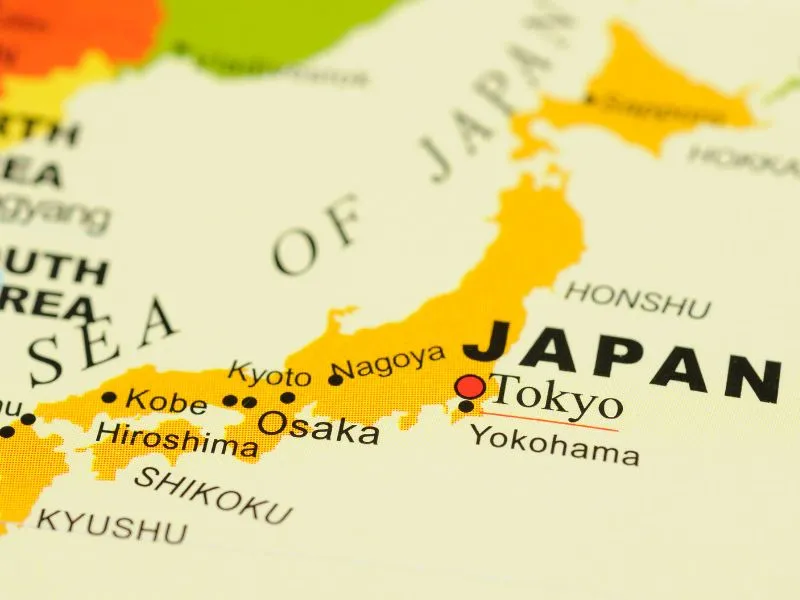
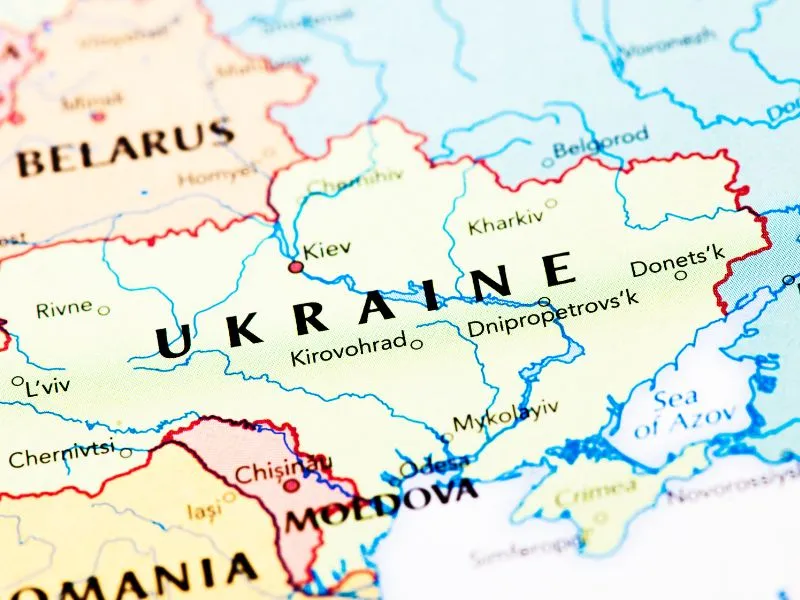


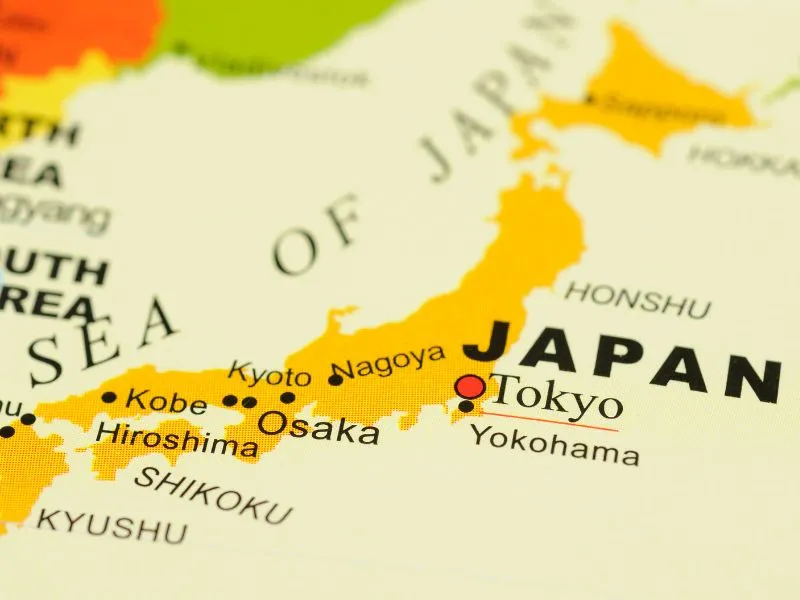





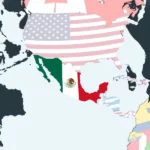
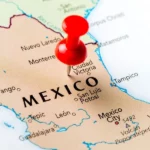




Comentarios recientes